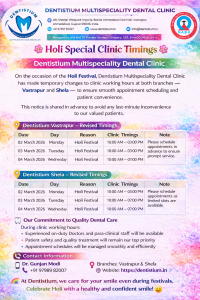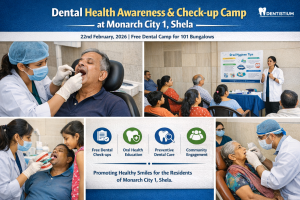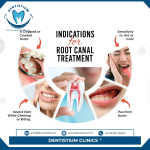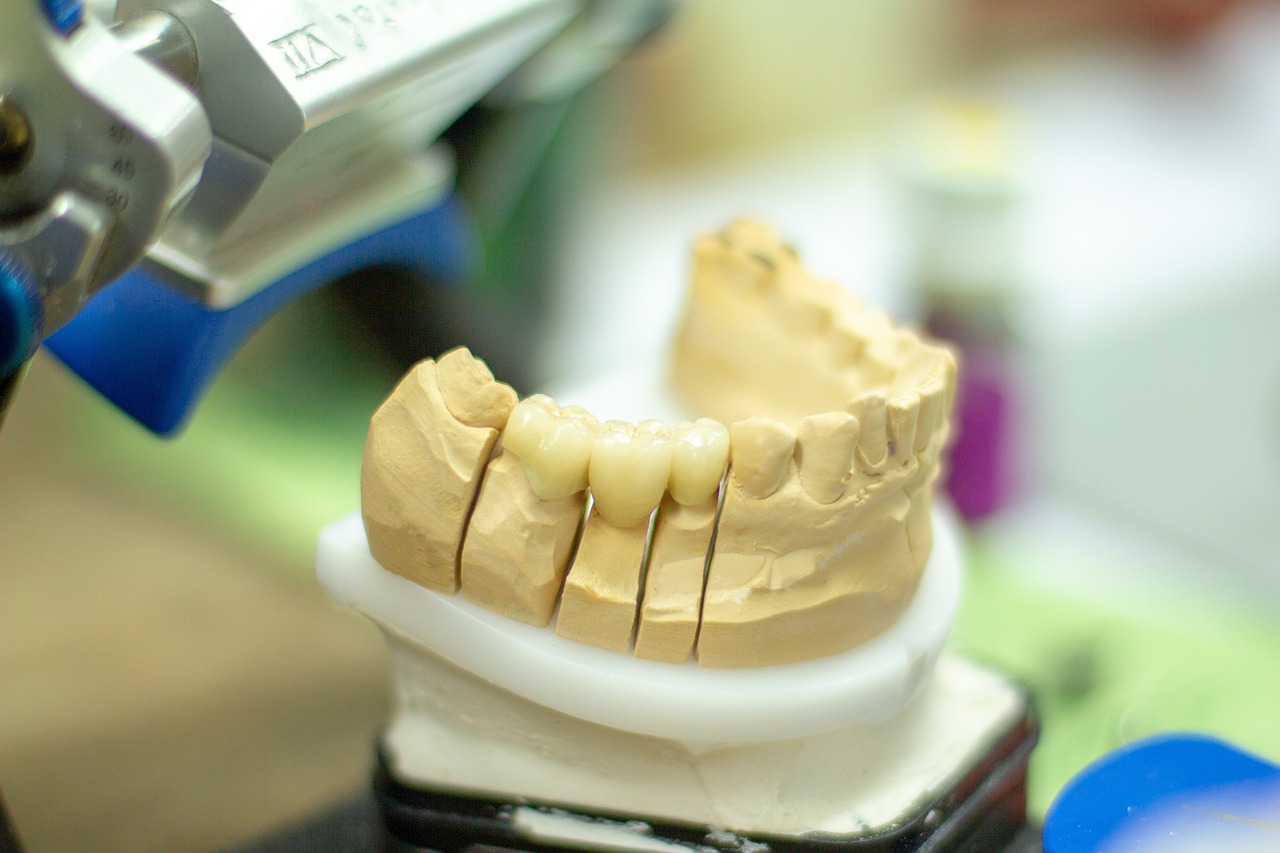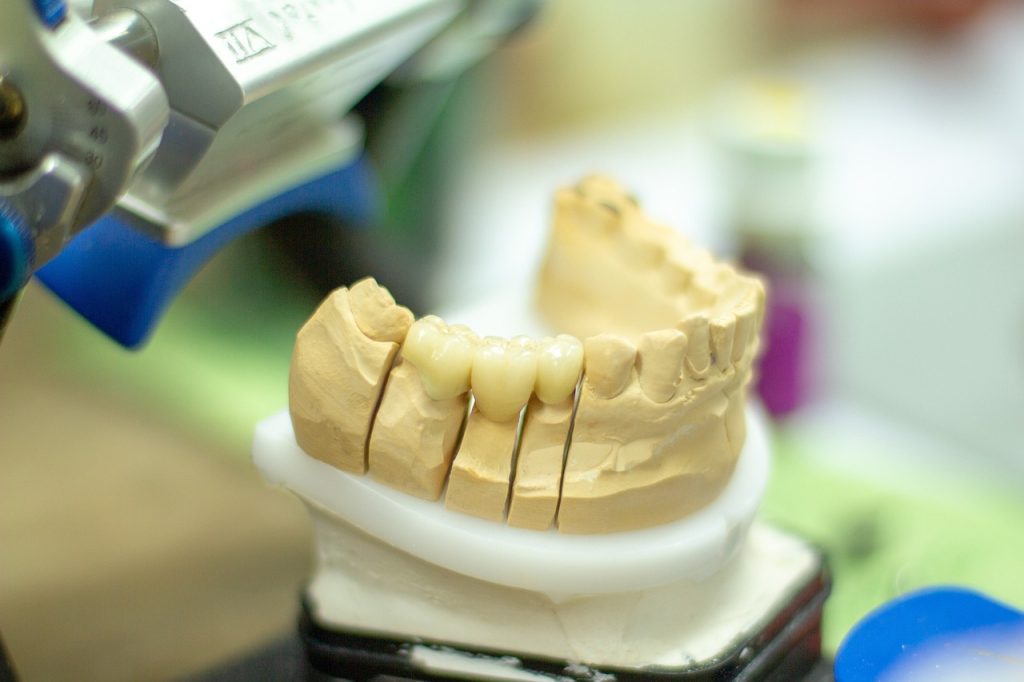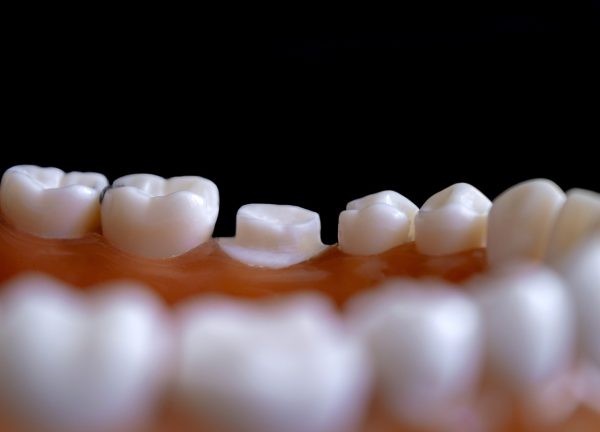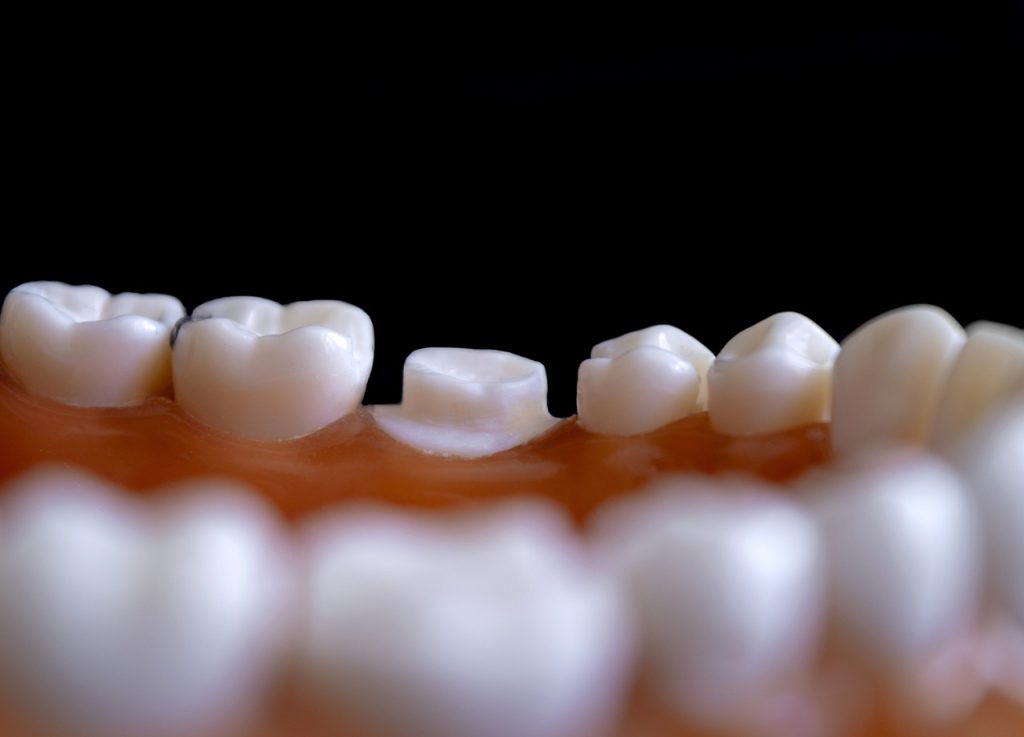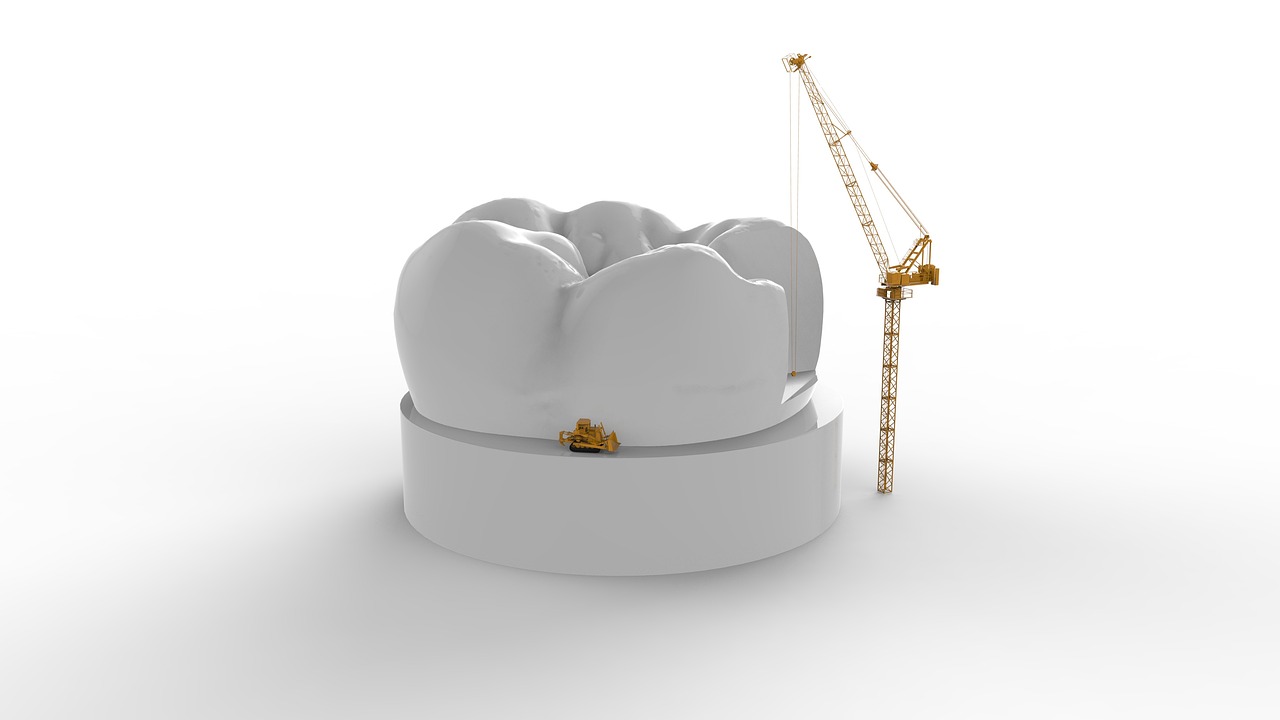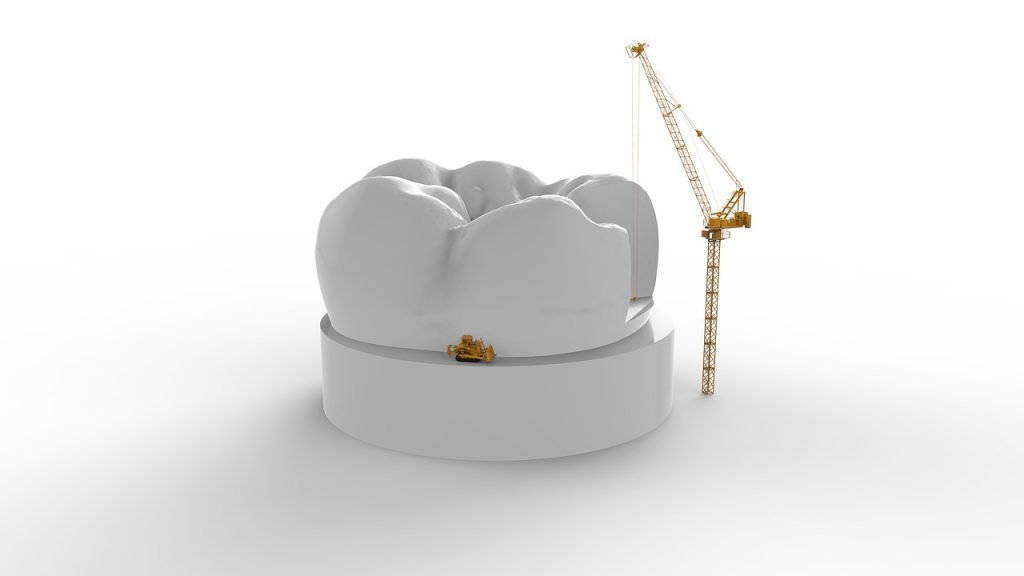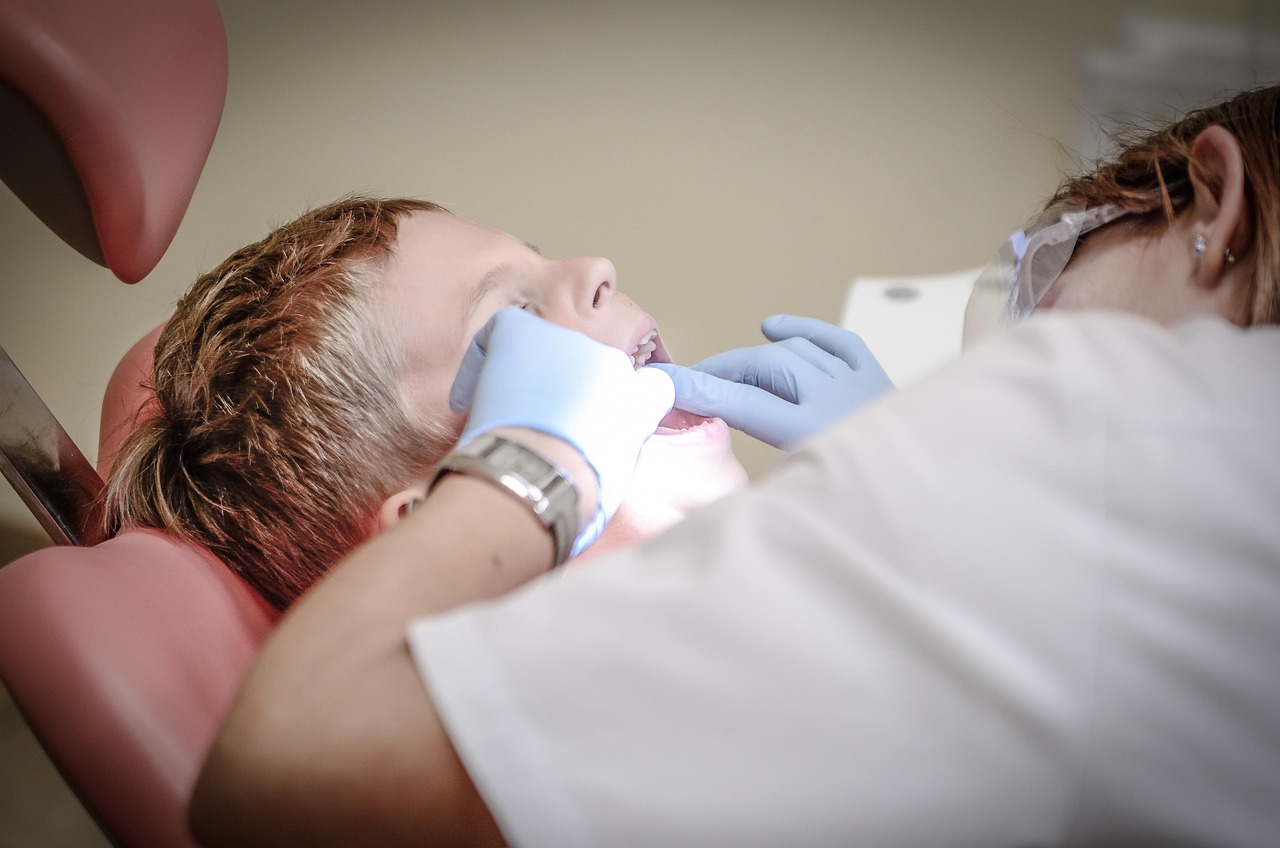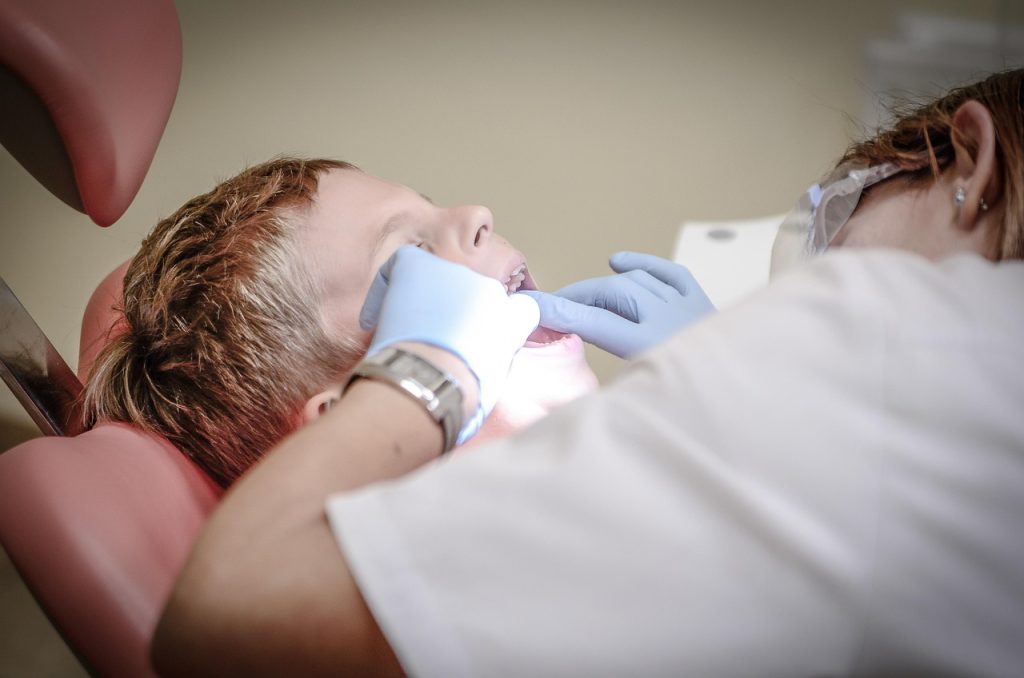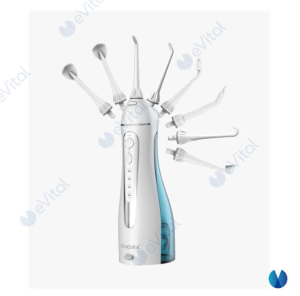Dental Implants: Procedure, Purpose & Benefits
Dental Implants: Procedure, Purpose & Benefits

When it comes to restoring a confident smile and maintaining oral health, dental implants are considered one of the most effective and long-lasting solutions available. Whether you’re missing one tooth or several, dental implants can significantly improve your quality of life. In this blog, we’ll walk you through what dental implants are, how the procedure works, and the many benefits they offer.
What are dental implants?
Dental implants are titanium or ceramic posts inserted into your jawbone to hold artificial teeth. They act like the roots of your natural teeth to provide a strong foundation for fixed (permanent) or removable replacement teeth that are made to match your natural teeth. These biocompatible devices restore function and aesthetics, improving overall oral health and confidence.
Dental Implant vs Dental Bridges
Dental implants offer several advantages over traditional dental bridges. Unlike bridges, which rely on adjacent teeth for support and may require altering healthy teeth, implants are inserted directly into the jawbone, preserving surrounding teeth. Additionally, implants tend to last longer and look more natural, while also reducing the risk of decay in neighboring teeth. While bridges may seem more economical initially, implants can prove to be a cost-effective long-term solution.
Dental Implants vs Dentures:
When considering dental implants versus dentures, several key factors come into play. Dental implants offer a natural feel and durability, mimicking the look and function of natural teeth. They promote bone preservation and stability, firmly anchored in the jawbone for secure use. Maintenance is minimal, akin to caring for natural teeth, offering convenience and ease.
In contrast, dentures may present comfort issues, potentially causing discomfort or irritation due to movement on the gums. They often require frequent replacement every 5-8 years, leading to ongoing costs. Dentures can also contribute to bone loss over time, impacting facial structure and appearance. Maintenance involves regular removal for cleaning and adjustments, requiring additional time and effort. Furthermore, dentures provide limited chewing ability compared to implants, which may restrict food choices and overall enjoyment of meals.
Benefits of Dental Implants:
- Restored Chewing Power: Dental implants behave like natural teeth, restoring full chewing power. Patients can eat, brush, and floss normally.
- Longevity: Unlike dental bridges, which may last around 10 years, dental implants can last a lifetime. Made from biocompatible titanium, implants integrate with the jawbone, offering a durable replacement tooth.
- Prevention of Bone Loss: Dental implants prevent bone loss by replacing the root as well as the tooth. They stimulate natural bone growth, maintaining jawbone density and preventing deterioration caused by missing teeth.
- Stability of Adjacent Teeth: Dental implants keep adjacent teeth stable, preventing them from shifting into the gap and affecting bite, chewing ability, and appearance.
- Gum Disease Prevention: Implants help keep you free of gum disease by filling the missing tooth gap, preventing food and bacteria traps that can lead to gum disease.
Dental Implant Procedure
What to expect
Preparing for dental implant surgery involves several steps to ensure a smooth procedure. First, you’ll need a thorough medical evaluation to assess your overall health and identify any conditions that may affect healing. This evaluation may include dental exams, X-rays, and consultations with specialists such as oral surgeons or periodontists. It’s essential to provide your dentist with a list of medications and supplements you’re taking, especially if you’re on blood thinners. Depending on your health and the complexity of your case, your dentist may prescribe antibiotics before surgery to prevent infection. Additionally, discuss sedation options with your dentist and arrange for transportation home if you’ll be receiving sedation during the procedure.
During Dental Implant
During the dental implant surgery, your surgeon will administer anesthesia to numb your gums and may offer sedative medications to help you relax. They’ll then make an incision in your gums to expose the underlying bone and carefully place the dental implant into the jawbone. After securing the implant, they’ll close the incision with stitches.
After Dental Implant Placement
Following the procedure, your surgeon will provide postoperative instructions and prescribe antibiotics to prevent infection. It’s essential to follow these instructions carefully and take all medications as prescribed. You should avoid strenuous activities for a few days and chew on the opposite side of your mouth to prevent discomfort. Good oral hygiene, including brushing and flossing, is crucial for the healing process. Your dentist may also provide specific instructions for cleaning the implant site. With proper care and attention, you can ensure successful healing and optimal outcomes from your dental implant surgery.
Risks Associated with Dental Implants:
- Surgical Complications: Despite being considered safe, dental implant surgery carries potential risks such as infection, nerve damage, sinus damage, and allergic reactions to implant materials. These risks are minimized with experienced surgeons but cannot be entirely eliminated.
- Bone Augmentation Requirements: Implants necessitate adequate bone volume and density, leading some patients to require additional bone augmentation procedures. While advancements have made these techniques less invasive, some patients may not be suitable candidates.
- Treatment Duration: Unlike other options, dental implants may require multiple appointments and up to 6 to 12 months for completion. Temporary teeth are often used during the fusion period, adding to treatment duration.
- Financial Considerations: Implants are generally more expensive than alternative treatments, and insurance coverage may be limited or nonexistent, posing financial challenges for some patients.
- Surgical Risks: Implantation involves dental surgery, which inherently carries risks such as bleeding, implant failure, gum recession, and damage to surrounding teeth or tissues. Factors like poor hygiene and smoking can exacerbate these risks.
- Implant Failure Rates: Studies report varying implant failure rates, with higher rates observed in smokers. Complications like nerve or tissue damage and allergic reactions to anesthesia are also possible, albeit rare occurrences.
What Are Dental Implants?
Dental implants are artificial tooth roots made of biocompatible materials like titanium. They are surgically inserted into the jawbone, where they provide a stable foundation for replacement teeth such as crowns, bridges, or dentures.
Unlike traditional dentures, dental implants integrate with your jawbone, preventing bone loss and offering a more natural feel and function.
What are dental implants?
Dental implants are titanium or ceramic posts inserted into your jawbone to hold artificial teeth. They act like the roots of your natural teeth to provide a strong foundation for fixed (permanent) or removable replacement teeth that are made to match your natural teeth. These biocompatible devices restore function and aesthetics, improving overall oral health and confidence.
Dental Implant vs Dental Bridges
Dental implants offer several advantages over traditional dental bridges. Unlike bridges, which rely on adjacent teeth for support and may require altering healthy teeth, implants are inserted directly into the jawbone, preserving surrounding teeth. Additionally, implants tend to last longer and look more natural, while also reducing the risk of decay in neighboring teeth. While bridges may seem more economical initially, implants can prove to be a cost-effective long-term solution.
Dental Implants vs Dentures:
When considering dental implants versus dentures, several key factors come into play. Dental implants offer a natural feel and durability, mimicking the look and function of natural teeth. They promote bone preservation and stability, firmly anchored in the jawbone for secure use. Maintenance is minimal, akin to caring for natural teeth, offering convenience and ease.
In contrast, dentures may present comfort issues, potentially causing discomfort or irritation due to movement on the gums. They often require frequent replacement every 5-8 years, leading to ongoing costs. Dentures can also contribute to bone loss over time, impacting facial structure and appearance. Maintenance involves regular removal for cleaning and adjustments, requiring additional time and effort. Furthermore, dentures provide limited chewing ability compared to implants, which may restrict food choices and overall enjoyment of meals.
Benefits of Dental Implants:
- Restored Chewing Power: Dental implants behave like natural teeth, restoring full chewing power. Patients can eat, brush, and floss normally.
- Longevity: Unlike dental bridges, which may last around 10 years, dental implants can last a lifetime. Made from biocompatible titanium, implants integrate with the jawbone, offering a durable replacement tooth.
- Prevention of Bone Loss: Dental implants prevent bone loss by replacing the root as well as the tooth. They stimulate natural bone growth, maintaining jawbone density and preventing deterioration caused by missing teeth.
- Stability of Adjacent Teeth: Dental implants keep adjacent teeth stable, preventing them from shifting into the gap and affecting bite, chewing ability, and appearance.
- Gum Disease Prevention: Implants help keep you free of gum disease by filling the missing tooth gap, preventing food and bacteria traps that can lead to gum disease.
Dental Implant Procedure
What to expect
Preparing for dental implant surgery involves several steps to ensure a smooth procedure. First, you’ll need a thorough medical evaluation to assess your overall health and identify any conditions that may affect healing. This evaluation may include dental exams, X-rays, and consultations with specialists such as oral surgeons or periodontists. It’s essential to provide your dentist with a list of medications and supplements you’re taking, especially if you’re on blood thinners. Depending on your health and the complexity of your case, your dentist may prescribe antibiotics before surgery to prevent infection. Additionally, discuss sedation options with your dentist and arrange for transportation home if you’ll be receiving sedation during the procedure.
During Dental Implant
During the dental implant surgery, your surgeon will administer anesthesia to numb your gums and may offer sedative medications to help you relax. They’ll then make an incision in your gums to expose the underlying bone and carefully place the dental implant into the jawbone. After securing the implant, they’ll close the incision with stitches.
After Dental Implant Placement
Following the procedure, your surgeon will provide postoperative instructions and prescribe antibiotics to prevent infection. It’s essential to follow these instructions carefully and take all medications as prescribed. You should avoid strenuous activities for a few days and chew on the opposite side of your mouth to prevent discomfort. Good oral hygiene, including brushing and flossing, is crucial for the healing process. Your dentist may also provide specific instructions for cleaning the implant site. With proper care and attention, you can ensure successful healing and optimal outcomes from your dental implant surgery.
Risks Associated with Dental Implants:
- Surgical Complications: Despite being considered safe, dental implant surgery carries potential risks such as infection, nerve damage, sinus damage, and allergic reactions to implant materials. These risks are minimized with experienced surgeons but cannot be entirely eliminated.
- Bone Augmentation Requirements: Implants necessitate adequate bone volume and density, leading some patients to require additional bone augmentation procedures. While advancements have made these techniques less invasive, some patients may not be suitable candidates.
- Treatment Duration: Unlike other options, dental implants may require multiple appointments and up to 6 to 12 months for completion. Temporary teeth are often used during the fusion period, adding to treatment duration.
- Financial Considerations: Implants are generally more expensive than alternative treatments, and insurance coverage may be limited or nonexistent, posing financial challenges for some patients.
- Surgical Risks: Implantation involves dental surgery, which inherently carries risks such as bleeding, implant failure, gum recession, and damage to surrounding teeth or tissues. Factors like poor hygiene and smoking can exacerbate these risks.
- Implant Failure Rates: Studies report varying implant failure rates, with higher rates observed in smokers. Complications like nerve or tissue damage and allergic reactions to anesthesia are also possible, albeit rare occurrences.
Purpose of Dental Implants
Dental implants serve both functional and cosmetic purposes:
To replace missing teeth without affecting adjacent teeth
To restore chewing and speaking ability
To maintain the shape of the face and prevent bone deterioration
To support dental prostheses like crowns, bridges, or dentures
To improve oral hygiene by preventing the shifting of nearby teeth
The Dental Implant Procedure
The implant process typically involves several steps, spread out over a few months:
1. Consultation and Planning
A thorough dental examination, X-rays, and sometimes a 3D scan are used to assess the health of your gums and bone structure. Your dentist will create a customized treatment plan.
2. Implant Placement
Under local anesthesia, the dentist surgically inserts the implant into your jawbone. Over the next few months, a process called osseointegration occurs, where the bone fuses with the implant.
3. Abutment Placement
Once healing is complete, a small connector called an abutment is attached to the implant. This will hold the replacement tooth or teeth.
4. Crown or Prosthesis Attachment
Finally, a custom-made crown or prosthesis is attached to the abutment, completing your new smile.
Benefits of Dental Implants
Natural Look and Feel
Implants look and function like your natural teeth, allowing you to eat, speak, and smile with confidence.
Durability
With proper care, dental implants can last 15–25 years or even a lifetime.
Bone Preservation
Implants help preserve jawbone density, preventing the “sunken” facial appearance that can occur with tooth loss.
No Slippage
Unlike dentures, implants are fixed and won’t move around in your mouth.
Improved Oral Health
Since they don’t require altering adjacent teeth (as bridges do), your remaining natural teeth are preserved.
Is a Dental Implant Right for You?
Good candidates for dental implants should have:
Healthy gums
Adequate bone to support the implant (or be willing to undergo bone grafting)
Good overall oral hygiene and health
A consultation with a qualified dentist or oral surgeon is the best way to determine if you’re a suitable candidate.
Notifications
- Holi Special Clinic Timings – Dentistium Multispeciality Dental ClinicHoli Special Clinic Timings – Dentistium Multispeciality Dental Clinic On …
Read More "Holi Special Clinic Timings – Dentistium Multispeciality Dental Clinic"
- Dental Health Awareness & Check-up Camp at Monarch City 1, ShelaDental Health Awareness & Check-up Camp at Monarch City 1, …
Read More "Dental Health Awareness & Check-up Camp at Monarch City 1, Shela"
- Cashless Dental Treatment – Coming Soon at Dentistium Multispeciality Dental Clinic, AhmedabadCashless Dental Treatment – Coming Soon at Dentistium Multispeciality Dental …
Recent Posts
- Indications for Root Canal Treatment
 Indications for Root Canal Treatment: When and Why It Becomes …
Indications for Root Canal Treatment: When and Why It Becomes … - Implants That Make Smiles Noteworthy at Every Celebration
 Implants That Make Smiles Noteworthy at Every Celebration Life is …
Implants That Make Smiles Noteworthy at Every Celebration Life is …Read More "Implants That Make Smiles Noteworthy at Every Celebration"
- redo your smile with transparent aligners
 Redo Your Smile With Transparent Aligners at Dentistium Clinics A …
Redo Your Smile With Transparent Aligners at Dentistium Clinics A …
- February 2026 (17)
- January 2026 (8)
- December 2025 (11)
- November 2025 (4)
- October 2025 (4)
- September 2025 (8)
- August 2025 (7)
- July 2025 (6)
- June 2025 (5)
- May 2025 (53)
- April 2025 (2)
- March 2025 (3)
- January 2025 (2)
- November 2024 (1)
- April 2024 (1)
168,063 hits
.
Most Searched Pharmacy products on our site
Experience powerful oral care with the PRO200V PORCLEAN Water Flosser....
.
.

